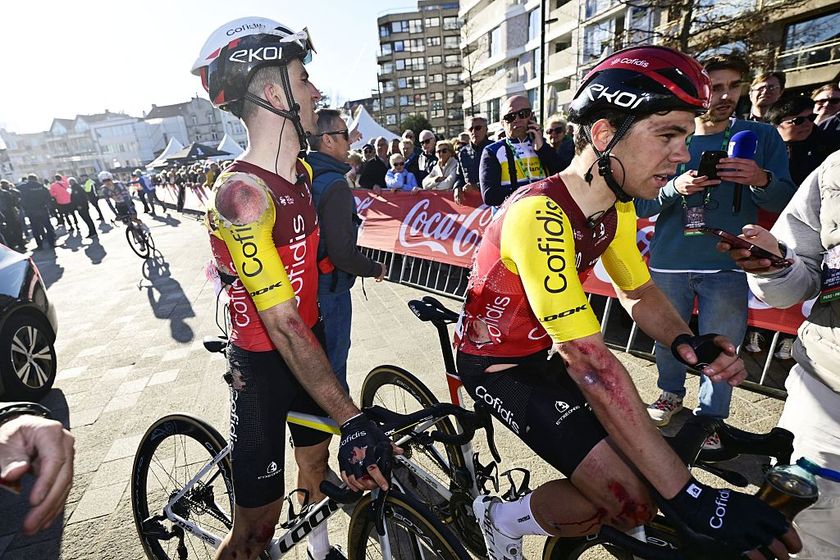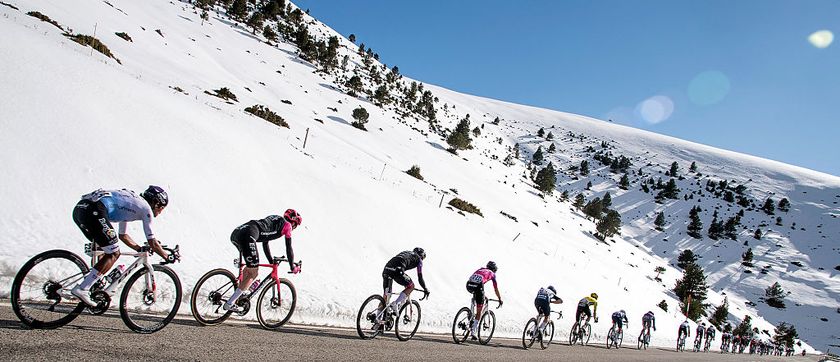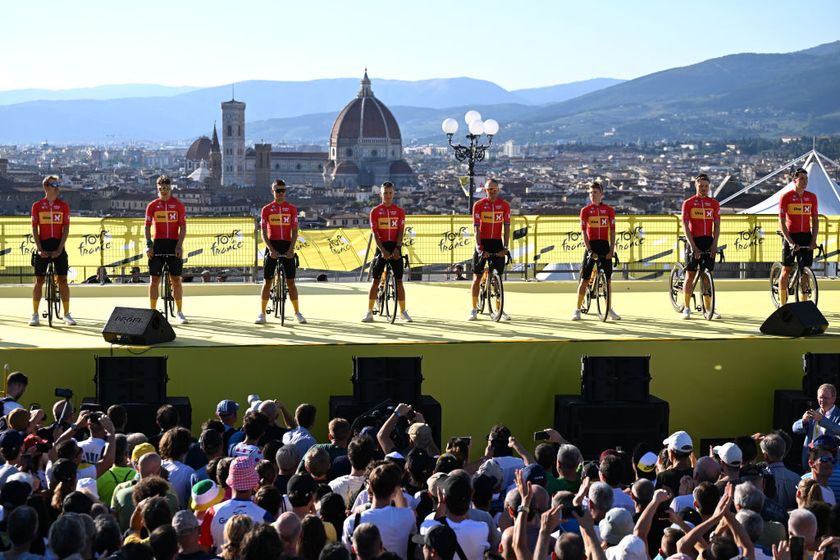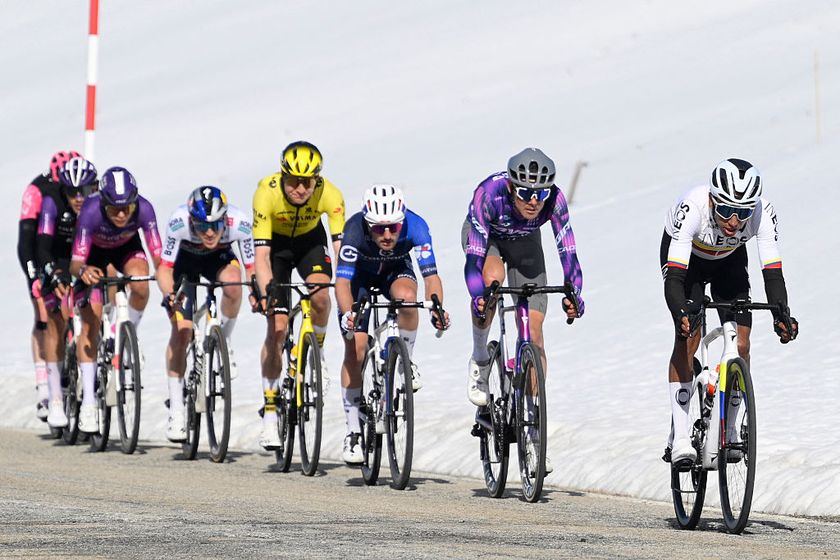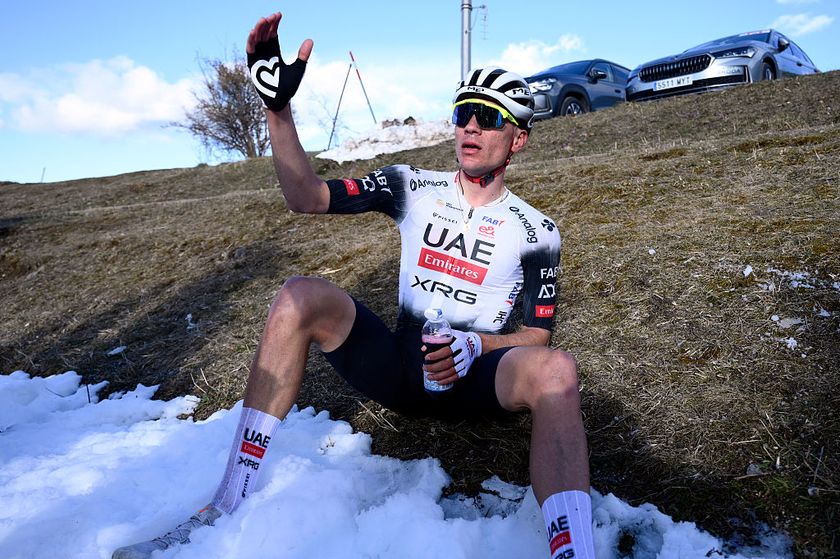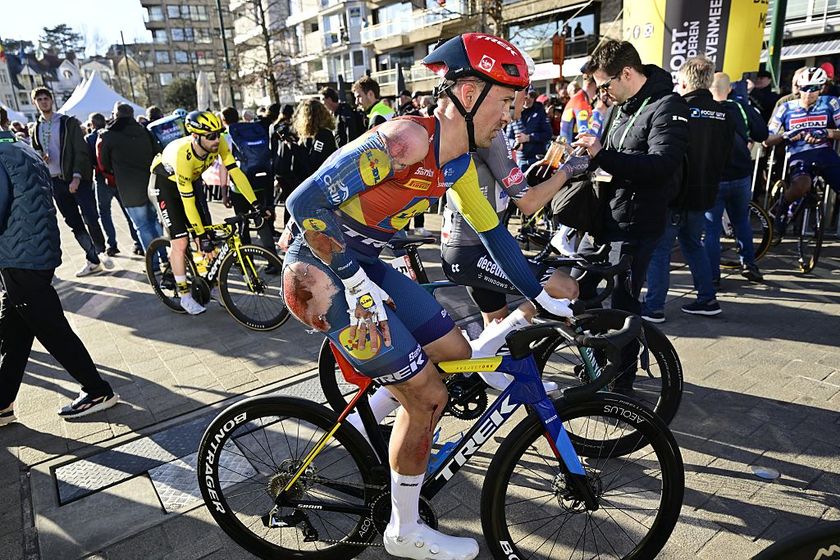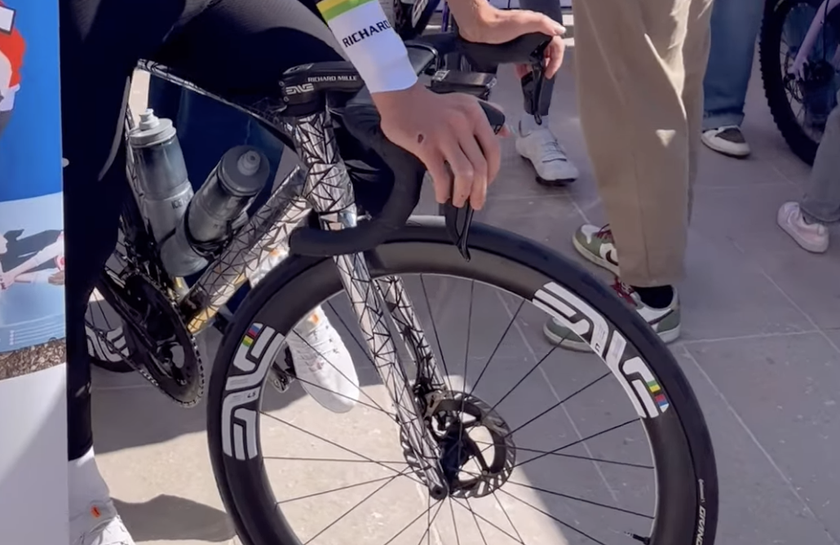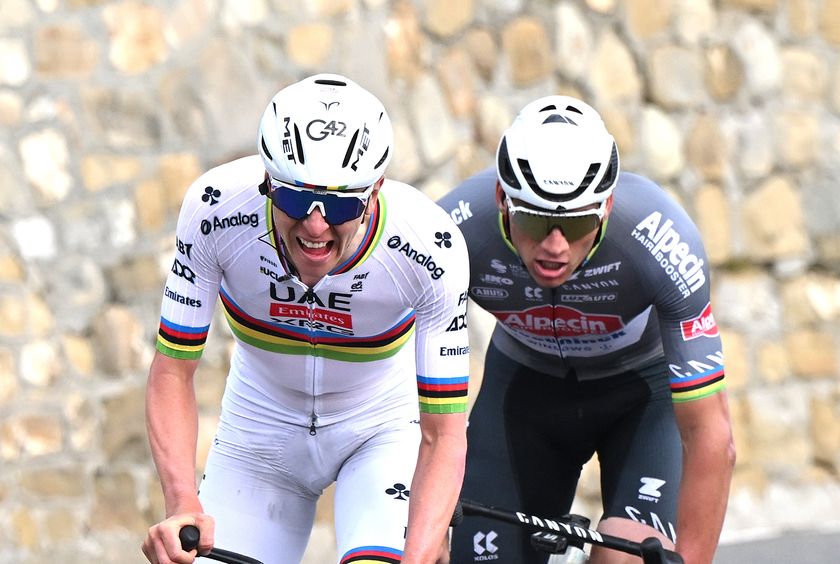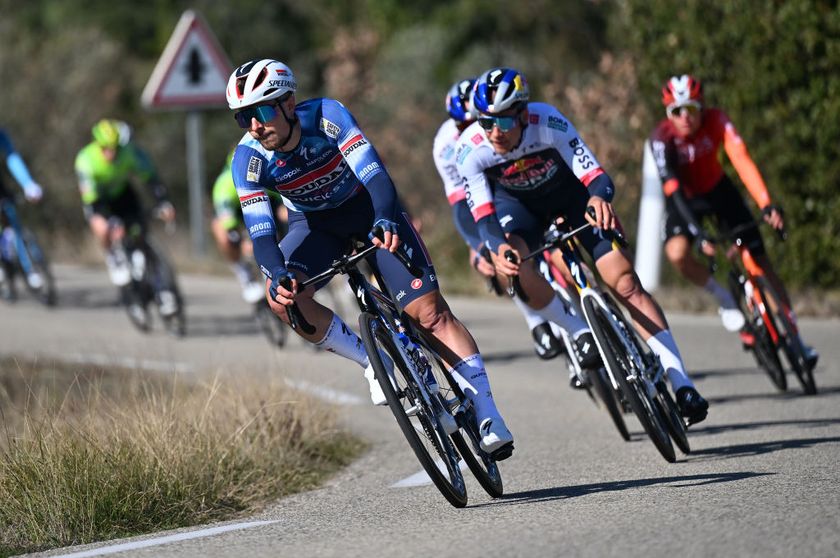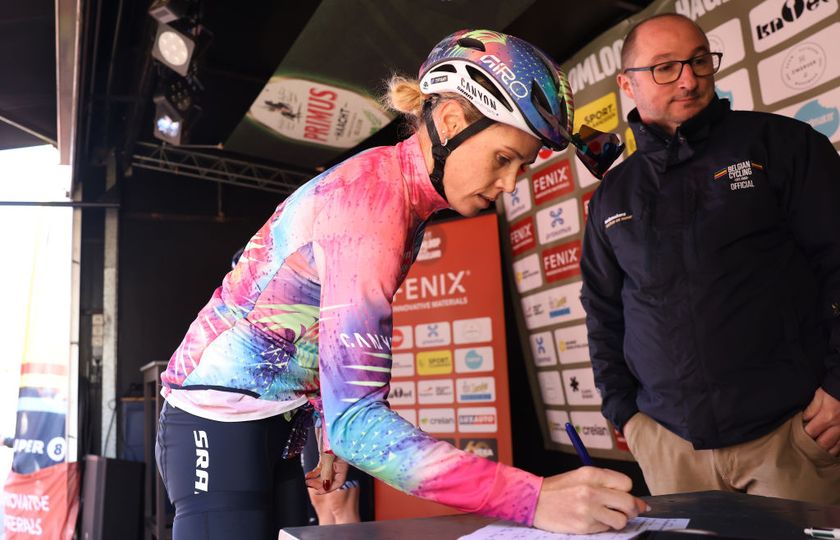Jaksche : The problem isn't Armstrong, it's the system
Calls on team bosses and UCI to face greater scrutiny



According to Jörg Jaksche, professional riders are bearing the brunt for cycling’s current problems surrounding doping and team bosses, if needed, should be held accountable for either facilitating or encouraging doping.
“You have these guys, directors and they’re moving again for the credible cycling and it’s easy to do that to say we won't take cyclists who had problems before but that’s only the consequences – it’s not a real solution to the doping problem,” Jaksche told Cyclingnews.
The German’s comments come in the wake of USADA’s successful case against Lance Armstrong and the American’s US Postal team. Jaksche gave evidence to USADA based on his experience as a rider and his dealings with the UCI. Before USADA’s verdict, Jaksche talked to Cyclingnews, highlighting the levels of hypocrisy running through the sport, and disclosing the level of Omerta within cycling.
Having watched the fallout from the Armstrong case, the subsequent confessions, suspensions and allegations laid before the UCI, Jaksche is concerned that the focus shouldn’t be fixed just on Armstrong.
“This isn’t a solution. It’s like trimming the weeds but leaving the roots untouched. If you individualise one problem and just point the finger at Lance that won't solve the issue. Lance Armstrong isn’t the problem of cycling. The problem is the system that allowed for a Lance Armstrong and that’s a huge difference.”
Having admitted to doping throughout his career, Jaksche has pointed to a number of team bosses who he has ridden for as facilitators to his cheating. From Polti to Astana, by way of Telekom, CSC and ONCE, Jaksche rode for several teams embroiled in cycling’s doping culture.
When asked what he thought of team managers who ran teams during his career and who still operate in the sport, Jaksche said: “I don’t trust them. The problem is that you’re only going to be paid for results. Look at this team or that one. They invest in cycling because they want the PR. You have PR when you’re successful, and when are you successful, by doping. I don’t trust Bjarne Riis because he doped as a rider, doping was accepted at his teams, I can talk about that because I was at CSC and I don’t trust that they are going to change something.”
Get The Leadout Newsletter
The latest race content, interviews, features, reviews and expert buying guides, direct to your inbox!
“They all say we’re successful because we improved the health, have a better training approach but that’s not real. One minute they’re helpers of a doping system and the next they’re anti-doping crusaders. That’s not credible. As they try and find that credibility they’re harming the riders.”
“Theoretically they should be out of the sport because they no longer deserve their place. They’ve told lies, they didn’t make a step forward to change the sport but from a practical side, who else should run a team?”
“You have to get the people out who have the knowledge, who have the possibility of doing this. Riis, for me is someone who had the knowledge, and the possibilities. He sent Hamilton to Fuentes. What’s he done to change now?”
“All of this discussion is a repetitious. This is what we had after Festina, then again with Puerto, and if you think of the circumstances it’s always the same, the same defensive reaction from the team mangers. They’re not assuming their own guilt, they’re trying to blame the riders. They want a credible cycling, like this manifesto from the press, but it’s only about riders. Come here in another three or four years and we’ll have the same thing again. It’s not a successful system.”
The UCI
Last week the UCI announced that they would initiate a plan to commission an independent review of their dealings during the Armstrong era, notably the donations they received from the rider. During his confession, Jaksche attempted to cooperate with the governing body but he now says that cycling’s governing body were in a difficult position in the past, but adds that they must reform for the future.
“Right now the UCI isn’t part of the solution, it’s part of the problem. I understand the UCI. In the times before, let's say you have 40 team doctors and the UCI has Zorzoli and a few staff, it’s difficult for the UCI to win that fight. They adapted to the situation and tried to protect the sport, but the protection was putting in some rules, trying to have a scandal-free sport. That’s not the same as a doping-free sport. This is the situation the UCI found themselves trapped in. They didn’t have the man-power or the money to fight doping.”
“There’s a point where they have to stop and act differently, but the problem is that you won't have credibility when the people are in the system for so long.”
Daniel Benson was the Editor in Chief at Cyclingnews.com between 2008 and 2022. Based in the UK, he joined the Cyclingnews team in 2008 as the site's first UK-based Managing Editor. In that time, he reported on over a dozen editions of the Tour de France, several World Championships, the Tour Down Under, Spring Classics, and the London 2012 Olympic Games. With the help of the excellent editorial team, he ran the coverage on Cyclingnews and has interviewed leading figures in the sport including UCI Presidents and Tour de France winners.
